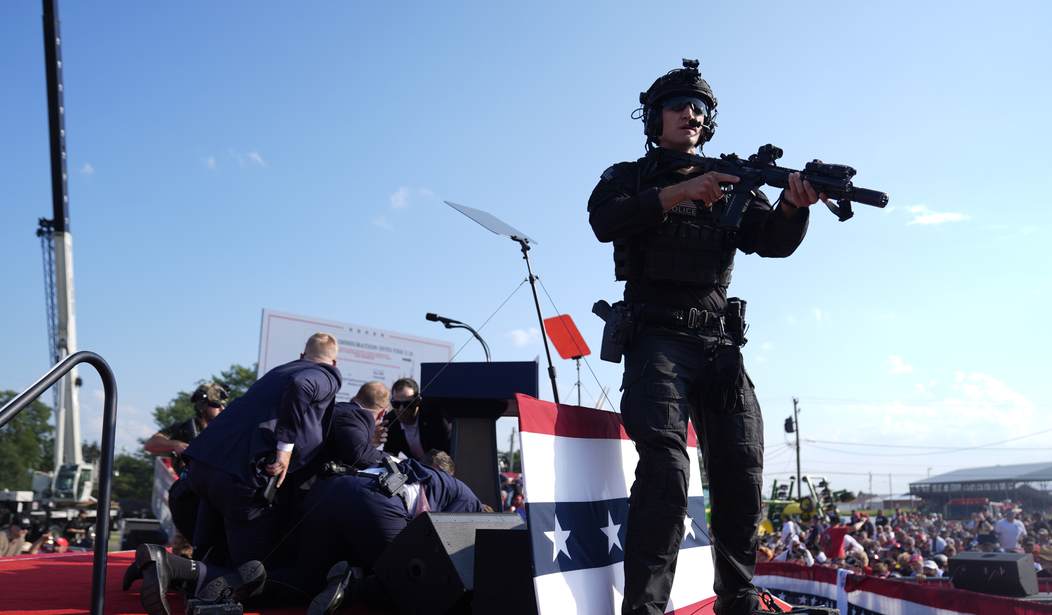During a Senate Judiciary hearing on Tuesday, the acting director of the United States Secret Service admitted that the assassination attempt on former President Donald Trump was a "failure of the Secret Service."
Tuesday's hearing occurred to highlight the security failures that lead up to the assassination attempt on Trump, where the shooter barely missed the former president's head. In his testimony, United States Secret Service Acting Director Ronald Rowe, Jr. shared that he could not defend why the building where the shooter carried out his attack was not better covered by secret service agents.
In his remarks, Rowe shared that he was "ashamed" of the security flaws that led to the assassination attempt.
"I cannot defend why that roof was not better secured," he acknowledged.
In Rowe's testimony, he stated, "I do not believe inadequate time to plan for this event was a factor in the failure."
During the hearing, Sen. Amy Klobuchar (D-MN), pressed Rowe to inform the American people of "what went wrong."
In response to Klobuchar, Rowe said it was a failure of "imagination," a failure to imagine there are malicious people.
"We actually do live in a very dangerous world," he said as his explanation.
Rowe claimed if the Secret Service had taken more security measures prior to the rally, the shooter could have been found ahead of time.
Recommended
"We could have perhaps found him; we could have maybe stopped him, maybe on that particular day he would have decided this isn't the day to do it," Rowe said.
Additionally, Rowe admitted that local law enforcement had more knowledge of the shooter's whereabouts prior to when he committed the assassination attempt than the Secret Service. For instance, local law enforcement became aware of a "suspicious person" 90 minutes before the shooting, whereas the Secret Service became aware 30 minutes before the shooting.
Senators questioned Rowe why local law enforcement appeared to be in charge of handling the "suspicious person" and why the Secret Service decided to "delegate" with local law enforcement about the shooter instead of taking charge.
In response, Rowe could not give a clear answer to the senators, but acknowledged that the Secret Service should have been the agency in charge of handling the "suspicious person."
























Join the conversation as a VIP Member